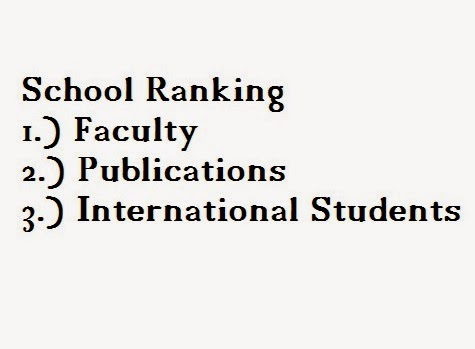Throwing an
orange in your lunch box everyday has significant health benefits. Eating
single orange a day can enhance heart health, improve the immune system, and strengthen
many other parts of your body. Eating healthy requires replacing bad calories
with health ones contain in oranges and other fruits or vegetables.
Oranges contain
something called flavonols that contributes to heart health (Nursing Standard,
2011). The flavonols are an anti-oxidant
that search the body and remove free radicals that injure the lining of the
veins and damage the heart. Having an
appropriate amount of flavonols in your blood can reduce risks of stroke and
heart attack by ad much as 10-20%.
If you have
the sniffles you might just want to pick up a few oranges. As it turns out the
colorful fruit has a lot of vitamin C which boosts your immune system (Finweek,
2013). Consuming 7 to 9 servings of fruit and vegetables a day can really
impact and improve your complicated immune system. It is the one nutrient
almost all parts need.
Oranges also
have general health benefits that move to protect bones, teeth, muscles, skin, ligaments
and blood vessels (Environmental Nutrition, 2012). Eating at least one orange a
day can help you look younger and protect against wrinkling. If you don’t like
eating them, drink them.
Oranges may
not be a miracle food but they certainly are a practical alternative. The
nutrients in oranges have a systematic influence on the body. Keep yourself
looking and feeling healthy on the inside and the outside by throwing an orange
in your lunch box. Eat as a snack to keep your appetite in check as you work
away.
Drink to
your health. (2013). Finweek.
Flavonol in
orange juice contributes to a healthy heart. (2011). Nursing Standard, 25 (26).
Zesty citrus
fruits signal powerful health benefits. (2012) Environment Nutrition, 35 (2)


